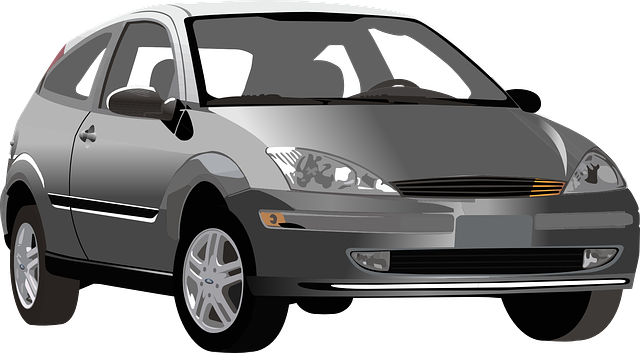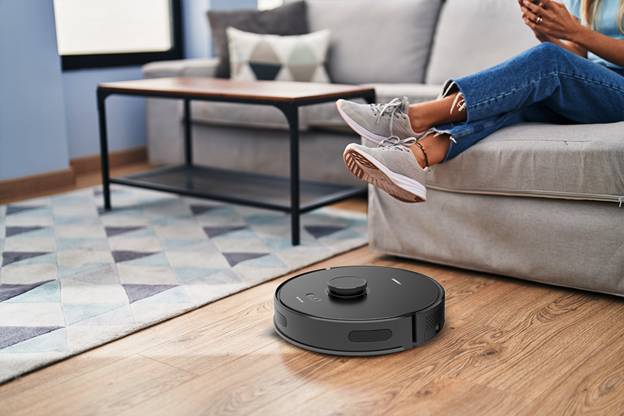What Happens When You Put the Wrong Oil Filter in Your Car?

It can be embarrassing to admit to, but mistakes during DIY oil changes happen every day. One of the most common errors is using the wrong oil filter for your vehicle. It can cause some problems, and you do want to fix it as soon as you detect it, but it is not especially rare or difficult to mix up filter sizes. If this happens to you, look on the bright side. At least you didn’t accidentally drain your transmission fluid and then overfill your oil. That’s another common mistake, and one with much more serious consequences.
Mostly, you are looking for signs of a bad filter. It doesn’t mean that the new one is malfunctioning objectively, but it will malfunction on the wrong vehicle because it is only designed to work with certain engines. Filters come in a few standard sizes, but use one that does not fit your engine and you will have the same issues as someone whose filter is not working to expectations for other reasons.
Possible Oil Leakage
Filters that are designed for your engine should fit pretty seamlessly into place if they are secured properly. Other filters will not have such a tight fit, and this can cause leakage. That, in turn, decreases the available oil for lubrication in the engine and can affect oil pressure if it gets bad enough. Leaks outside the vehicle are bad enough, but leaks that allow oil to seep back into circulation without going through the filter are worse.
To understand why this is the case, you need to first ask what does an oil filter do? The answer is fairly complex in its details, but the overall idea is simple. Oil filters screen out contaminants that make their way into the oil when it circulates through the engine, trapping them and preventing them from cycling through continuously. Filters that are clogged or the wrong size stop working effectively, and that can lead to dirty oil that causes buildup or even engine damage over time.
Decrease Performance
Losing efficiency in your oil filter and developing leaks lead to decreased performance, but even with no leaks, the wrong filter will probably cause performance issues. That is because it does not allow the oil to pass through at the rate your vehicle is designed to use, resulting in either under-filtering or lowered oil pressure as the engine runs. Either way, it can affect the power you pull from your engine and lead to heat issues if it gets too pronounced. You might not notice if your daily commute is 15 minutes, but it would definitely be a liability on a cross-country trip. Filters are important for your car. It’s not just your oil filter. Air filters also do important work preventing contaminants from entering the engine via the intake, and it is when they underperform that your oil filter typically winds up overtaxed, even when you use the right one. Understanding basic maintenance issues like how many air filters in a car with your engine and intake is vital. For most people the answer is one, but there are other design options out there. The more you know your car, the better you can take care of it.



